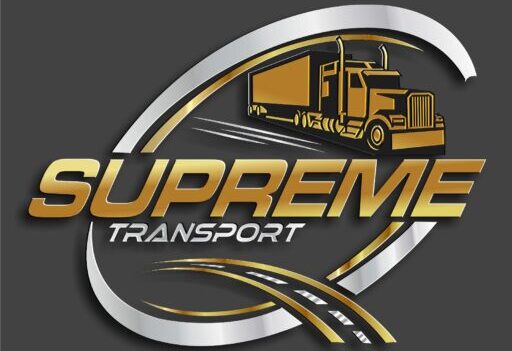Supply Chain Transport
Supply chain transport services encompass a variety of offerings aimed at efficiently moving goods and materials through the supply chain, from suppliers to manufacturers, distributors, retailers, and ultimately to consumers. These services play a critical role in optimizing supply chain operations, improving efficiency, and reducing costs. Here are some common types of supply chain transport services:
Freight Transportation: Freight transportation services involve the movement of goods and cargo between locations within the supply chain. This includes services such as:
- Trucking: Transportation of goods by trucks, including less-than-truckload (LTL) and full truckload (FTL) shipments, offering flexible and cost-effective transport options.
- Rail Transportation: Transportation of goods by rail, utilizing rail networks and intermodal terminals for long-distance haulage, bulk transport, and intermodal shipping.
- Ocean Freight: Transportation of goods by sea, utilizing container ships, bulk carriers, and other vessels for international shipping and maritime trade.
- Air Freight: Transportation of goods by air, offering rapid transit times and expedited delivery options for time-sensitive or high-value cargo.
Intermodal Transport: Intermodal transport services combine multiple modes of transportation, such as road, rail, sea, and air, to optimize freight movement and reduce costs. Intermodal providers coordinate the seamless transfer of cargo between different modes of transport, utilizing specialized equipment such as intermodal containers and trailers.
Parcel and Courier Services: Parcel and courier services offer small-package delivery for businesses and consumers, providing door-to-door delivery of parcels, packages, and documents. These services utilize networks of delivery vehicles, distribution centers, and sorting facilities to facilitate fast and reliable shipping.
Temperature-Controlled Transport: Temperature-controlled transport services specialize in the transportation of perishable goods and temperature-sensitive products, such as food, pharmaceuticals, and chemicals. These services maintain specific temperature conditions throughout transit to preserve product quality and integrity.
Reverse Logistics: Reverse logistics services manage the return and disposal of goods from consumers or retailers back to manufacturers or suppliers. This includes product returns, refurbishment, recycling, and disposal, as well as asset recovery and remanufacturing processes.
Warehousing and Distribution: Warehousing and distribution services involve the storage, handling, and distribution of goods within the supply chain. Warehousing providers offer storage facilities, inventory management, order fulfillment, and value-added services such as kitting, labeling, and packaging.
Transportation Management: Transportation management services encompass the planning, execution, and optimization of transportation activities within the supply chain. Transportation management systems (TMS) and logistics software help businesses streamline transportation operations, optimize routes, and reduce costs through better visibility, control, and automation.
Overall, supply chain transport services play a crucial role in facilitating the movement of goods and materials throughout the supply chain, supporting efficient logistics operations, and ensuring the timely delivery of products to customers. These services help businesses optimize their supply chain networks, reduce transportation costs, and improve customer satisfaction.
